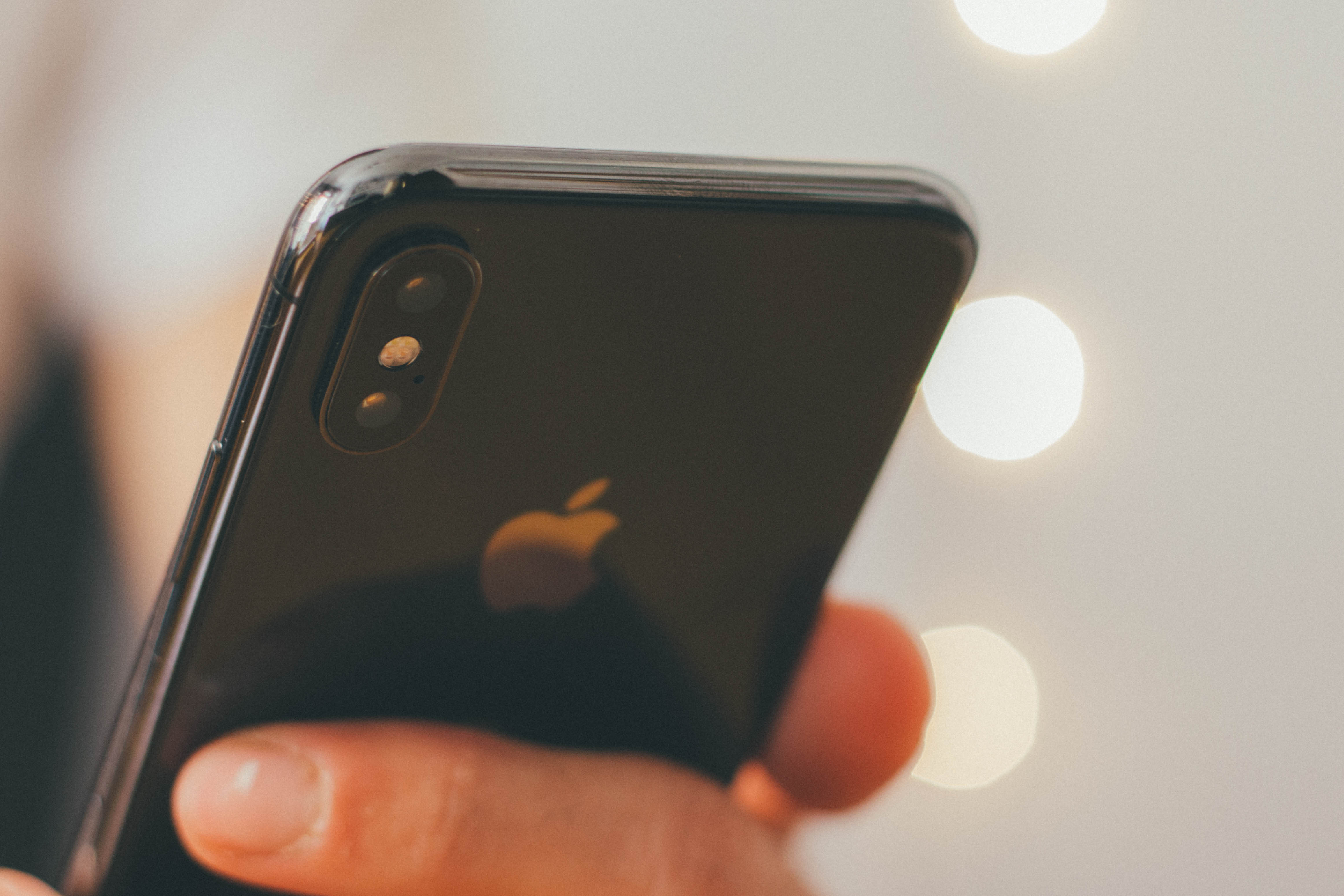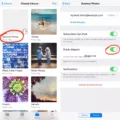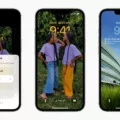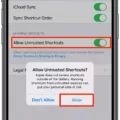The iOS Calendar app is a useful tool for managing your schedule and staying organized on your iPhone or iPad. However, like any app, it can sometimes encounter issues that can disrupt its functionality. One common issue that iOS users may experience is the freezing or crashing of the Calendar app.
There are several potential causes for the Calendar app freezing on your iOS device. One of the most common reasons is a slow or unstable internet connection. The Calendar app relies on the internet to sync and update your events and reminders. If your internet connection is weak or intermittent, it can cause the app to freeze or crash.
To resolve this issue, you can try turning on Airplane Mode for a few seconds and then turning it off. This can help refresh your device’s connection to the internet and potentially resolve any connectivity issues that may be causing the app to freeze.
Another potential cause of the Calendar app freezing is an issue with your iCloud account. Make sure that you are signed in to iCloud with the same Apple ID on all of your devices. Additionally, check that you have enabled the necessary settings for Contacts, Calendars, and Reminders in your iCloud settings. This ensures that your Calendar app can sync properly with your iCloud account.
It’s also important to check that the date and time settings on your device are correct for your current location. Incorrect date and time settings can sometimes cause issues with the Calendar app and other apps on your iOS device.
If you have recently added any subscribed calendars to your device, they may also be causing the Calendar app to freeze. To remove a subscribed calendar, go to Settings on your iOS device, scroll down to Calendar, tap on Accounts, and then tap on Subscribed Calendars. Find the unfamiliar calendar that you want to remove and tap on it. Then, tap on Delete Account at the bottom of the dialog and confirm the removal by tapping Delete Account again.
It’s important to note that the term “iPhone calendar virus” is a bit misleading. The Calendar app itself is not susceptible to viruses or malware. However, attackers can exploit vulnerabilities in the app by sending deceptive calendar invites with infectious hyperlinks. To protect yourself, be cautious about accepting calendar invites from unfamiliar or suspicious sources.
If you are experiencing issues with the iOS Calendar app freezing or crashing, there are several steps you can take to troubleshoot the problem. Check your internet connection, ensure your iCloud settings are correct, verify your device’s date and time settings, and remove any unfamiliar subscribed calendars. By following these steps, you can hopefully resolve the freezing issue and continue to use your Calendar app smoothly.
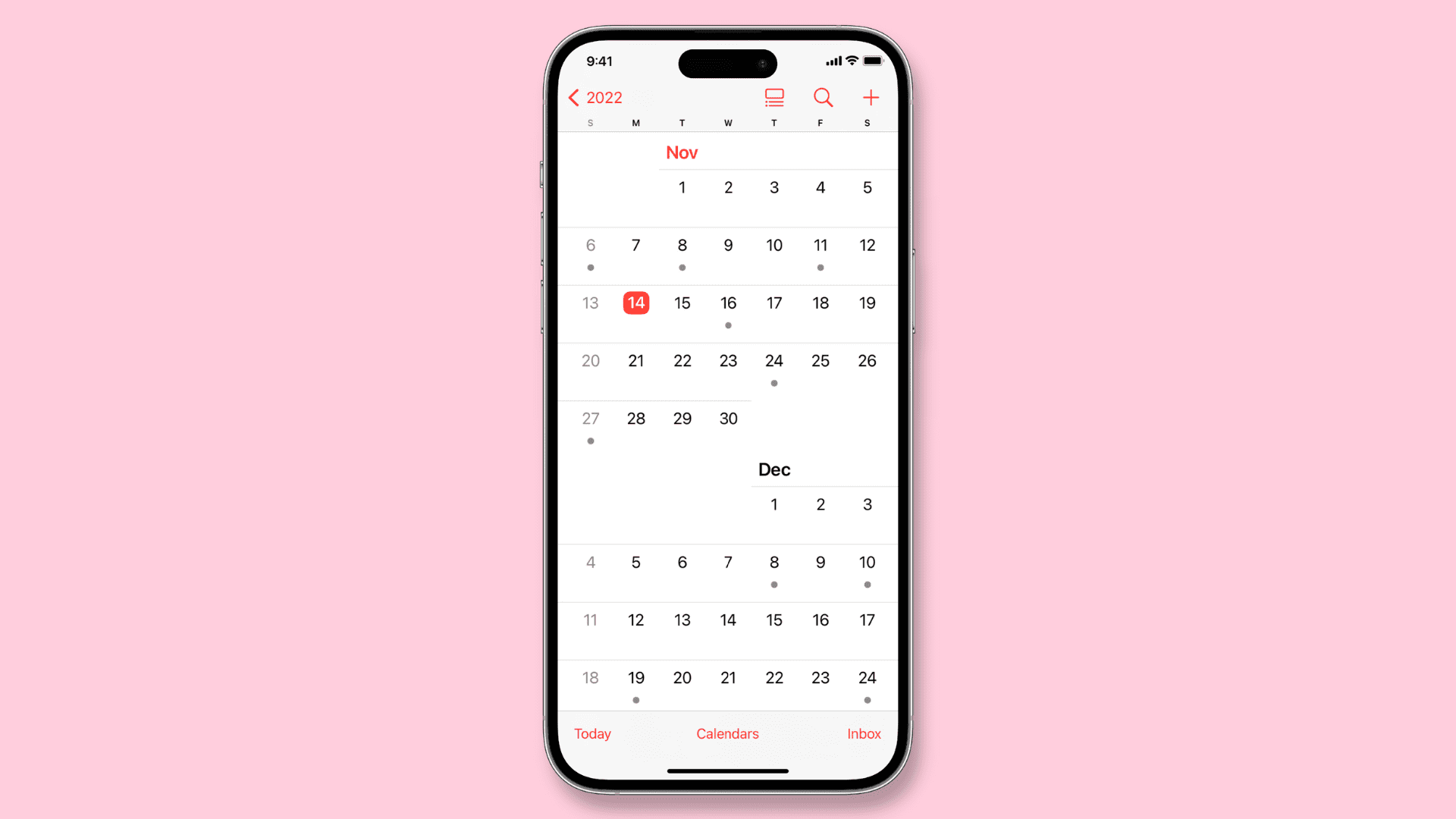
Why Does Your iPhone Calendar Keep Freezing?
There are several possible reasons why your iPhone Calendar keeps freezing. One common reason is a slow or unstable Internet connection. The Calendar app relies on the Internet to function properly, so if your connection is not strong, it may cause the app to crash or freeze.
Here are some steps you can take to address this issue:
1. Check your Internet connection: Ensure that you have a stable and fast Internet connection. You can do this by opening a web browser or other apps that require an Internet connection and see if they are working properly. If your Internet connection is slow or unstable, try resetting your router or connecting to a different network.
2. Turn on Airplane Mode: To troubleshoot the issue, you can try turning on Airplane Mode on your iPhone. This will disable all wireless connections, including Wi-Fi and cellular data. Wait a few seconds, and then turn Airplane Mode off. This can sometimes refresh the network settings and resolve any connectivity issues.
3. Restart your iPhone: If turning on and off Airplane Mode doesn’t work, try restarting your iPhone. Press and hold the power button until the “slide to power off” option appears. Swipe it to turn off your device, then press and hold the power button again to turn it back on. This can help clear any temporary glitches that may be causing the Calendar app to freeze.
4. Update your iPhone software: Ensure that your iPhone is running the latest software version. Apple frequently releases updates that include bug fixes and improvements. To check for updates, go to the Settings app, tap on “General,” and then select “Software Update.” If an update is available, follow the on-screen instructions to install it.
5. Reset the Calendar app: If the freezing issue persists, you can try resetting the Calendar app. Go to the Settings app, scroll down and tap on “Calendar,” then select “Sync” and tap on “Sync All Events.” This will refresh the app and potentially resolve any software-related issues.
If none of these steps resolve the freezing issue, you may want to consider contacting Apple Support for further assistance. They can provide specific troubleshooting steps or recommend other solutions to resolve the problem.
Why is Your iPhone Calendar Not Responding?
There could be several reasons why your iPhone Calendar is not responding. Here are some possible causes and solutions:
1. iCloud Syncing Issue:
– Ensure that you are signed in to iCloud with the same Apple ID on all your devices.
– Check that you have turned on Contacts, Calendars, and Reminders in your iCloud settings.
– Verify that you have a stable internet connection to sync your calendar events.
2. Date and Time Settings:
– Make sure that the date and time settings on your iPhone are correct for your current location.
– Go to “Settings” > “General” > “Date & Time” and enable “Set Automatically” to ensure accurate time synchronization.
3. Software Updates:
– Check if there are any pending software updates for your iPhone. Outdated software can sometimes cause issues with app functionality.
– Go to “Settings” > “General” > “Software Update” to see if an update is available. If yes, install it.
4. Force Quit and Restart:
– Force quit the Calendar app by double-clicking the Home button (or swiping up from the bottom on iPhone models without a Home button) and swiping up on the Calendar app preview.
– Restart your iPhone by pressing and holding the power button until the slider appears. Then, slide it to power off. Wait a few seconds, then press and hold the power button again to turn it back on.
5. Clear Cache:
– Clearing the cache of the Calendar app can sometimes resolve issues. However, note that this will also remove locally stored data.
– Go to “Settings” > “General” > “iPhone Storage”. Scroll down and find the Calendar app. Tap on it, and then select “Offload App” or “Delete App”. Afterward, reinstall the app from the App Store.
6. Reset Settings:
– If none of the above solutions work, you can try resetting your iPhone’s settings. This will not erase your data, but it will reset your preferences to default.
– Go to “Settings” > “General” > “Reset” > “Reset All Settings”. Enter your passcode if prompted, and confirm the reset.
If the issue persists after trying these steps, it may be necessary to contact Apple Support or visit an Apple Store for further assistance.
How Do You Get Rid Of iOS Calendar Virus?
To remove the iOS Calendar virus from your device, you can follow these step-by-step instructions:
1. On your iOS device, open the Settings app.
2. Scroll down and tap on “Calendar.”
3. In the Calendar settings, tap on “Accounts.”
4. Under the Accounts section, look for “Subscribed Calendars” and tap on it.
5. Here, you will see a list of subscribed calendars. Look for any unfamiliar or suspicious calendar.
6. Tap on the unfamiliar calendar that you want to remove.
7. A dialog box will appear with details about the calendar. Scroll to the bottom of the dialog box.
8. Tap on “Delete Account” to remove the calendar from your device.
9. A confirmation message will appear. Tap on “Delete Account” again to confirm the removal.
By following these steps, you will be able to delete the unfamiliar or suspicious calendar associated with the iOS Calendar virus from your device.
What Causes Calendar Virus On iOS?
The Calendar virus on iOS is typically caused by deceptive calendar invites that contain infectious hyperlinks. This type of attack takes advantage of the email address associated with your calendar account. Here is a detailed explanation of how the iPhone calendar virus works:
1. Attacker identification: The attacker first identifies the email address associated with your calendar account. This could be through various means, such as data breaches, phishing attacks, or social engineering.
2. Creation of deceptive calendar invites: Once the attacker has your email address, they can create calendar invites that appear legitimate and enticing. These invites may offer attractive deals, discounts, or prizes to lure you into clicking on the links within the invite.
3. Inclusion of infectious hyperlinks: The attacker includes hyperlinks within the calendar invite that lead to malicious websites or downloads. These hyperlinks may be disguised as legitimate URLs, making it difficult for the average user to discern their true nature.
4. Sending the deceptive invites: The attacker sends the deceptive calendar invites to your email address, which is then synced with your iPhone’s calendar app. Since calendar invites are often automatically added to the calendar, you may not even have to open the email for the attack to be initiated.
5. User interaction: Once the deceptive calendar invite is added to your iPhone’s calendar, you may receive notifications or reminders about the event. If you interact with the invite, such as clicking on the event or the hyperlinks within it, you expose yourself to the risk of infection.
6. Infection and consequences: Clicking on the infectious hyperlinks within the calendar invite can lead to various consequences. This may include downloading malware onto your device, redirecting you to phishing websites that aim to steal your personal information, or initiating other malicious actions.
It is important to note that the iPhone calendar virus does not exploit any vulnerabilities within the iOS operating system itself. Instead, it relies on social engineering techniques to trick users into interacting with malicious content. To protect yourself, it is recommended to be cautious when receiving calendar invites from unknown or suspicious sources and to avoid clicking on any hyperlinks within such invites.
Conclusion
The freezing or crashing of the iOS Calendar app can be attributed to various factors. One common cause is a slow or unstable internet connection, as the app heavily relies on internet connectivity to function properly. It is recommended to ensure a stable internet connection by turning on Airplane Mode for a few seconds and then turning it off.
Another potential issue could be an incorrect configuration or synchronization of your iCloud account. It is important to make sure that you are signed in to iCloud with the same Apple ID on all your devices and that Contacts, Calendars, and Reminders are enabled in your iCloud settings.
Additionally, it is crucial to check the date and time settings on your device to ensure they are correct for your current location. Incorrect date and time settings can cause conflicts and lead to freezing or crashing of the Calendar app.
If you have encountered a subscribed calendar that you do not recognize or suspect to be causing issues, it is advisable to remove it from your device. This can be done by going to Settings, scrolling down to Calendar, tapping on Accounts, and then selecting Subscribed Calendars. From there, you can identify the unfamiliar calendar and delete it by tapping on Delete Account.
Lastly, it is important to be cautious of deceptive calendar invites that may contain infectious hyperlinks. These invites can be sent by attackers who know your calendar account’s email address. To protect yourself, it is recommended to be vigilant and avoid clicking on suspicious links within calendar invites.
By following these steps and taking necessary precautions, you can mitigate the freezing or crashing issues with the iOS Calendar app and ensure a smooth and uninterrupted user experience.

